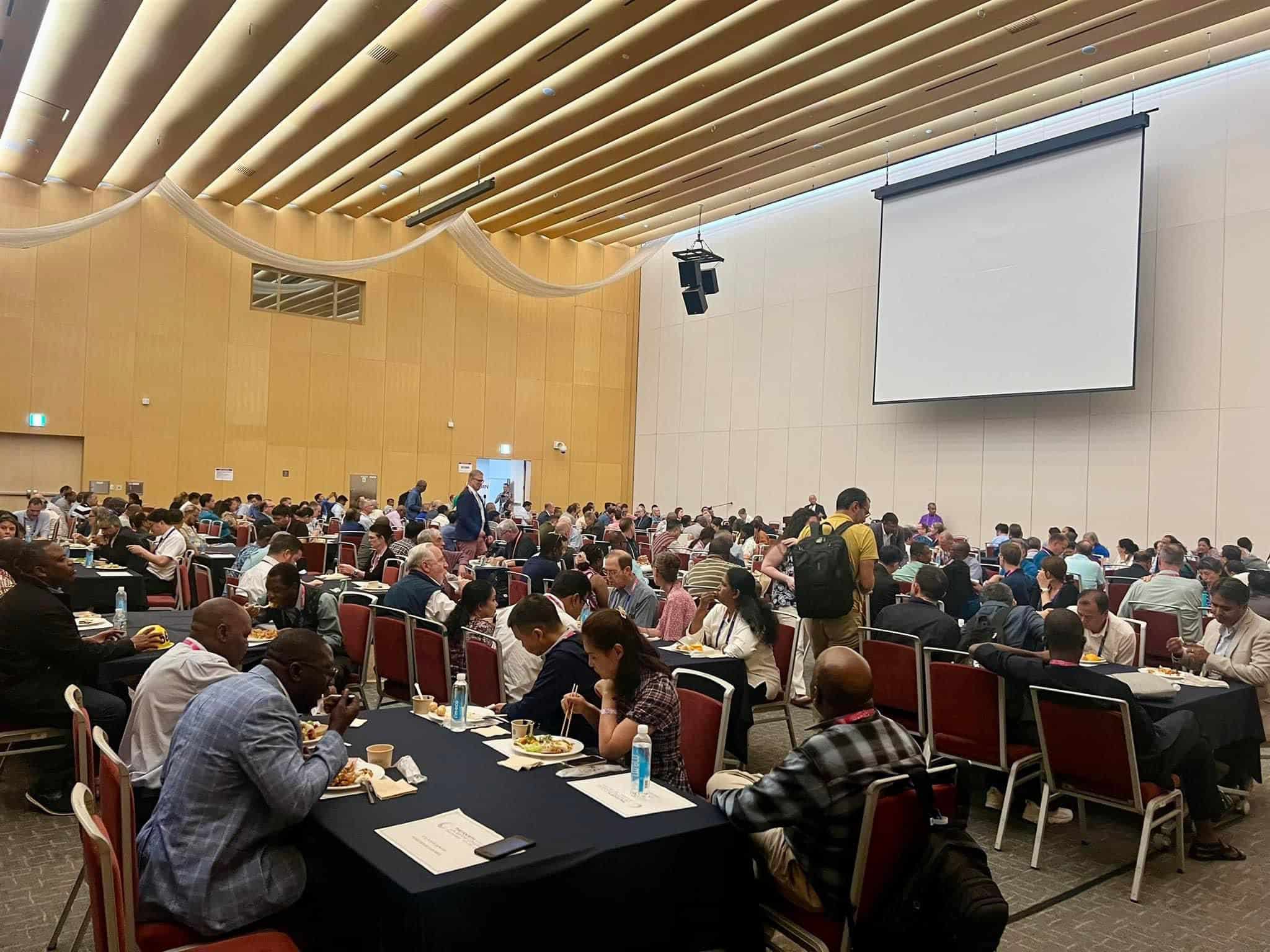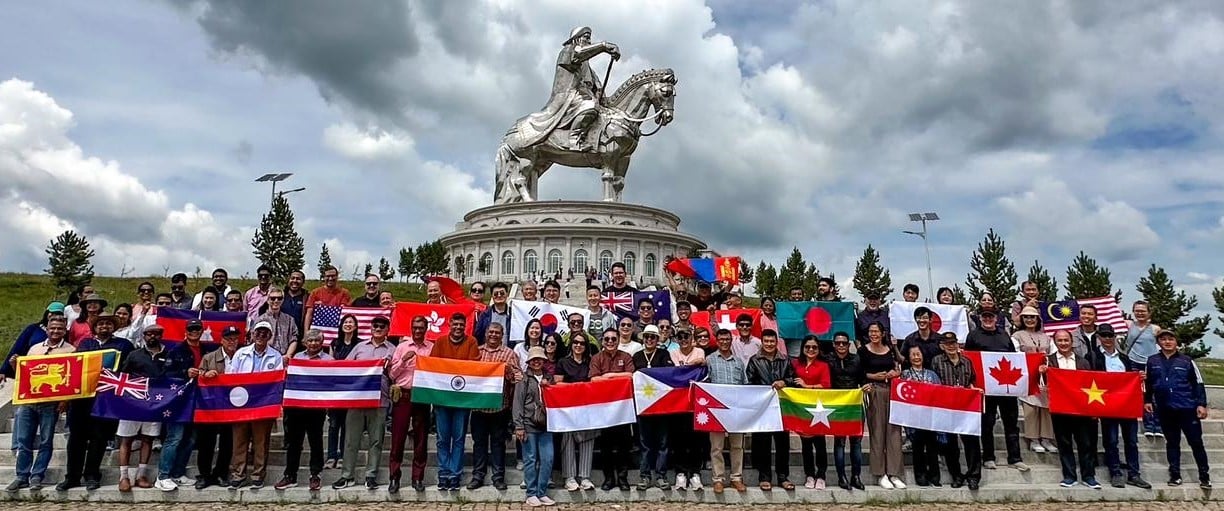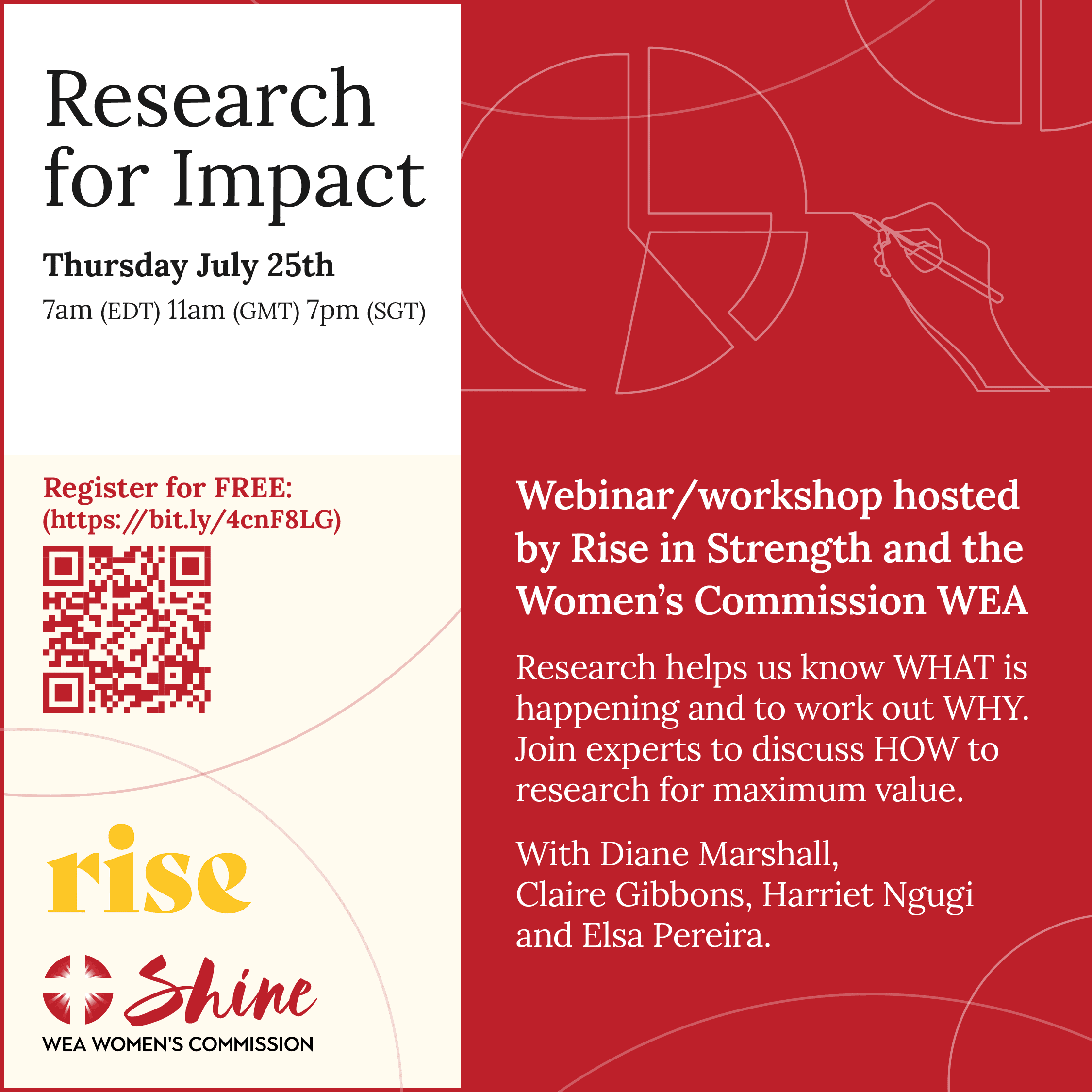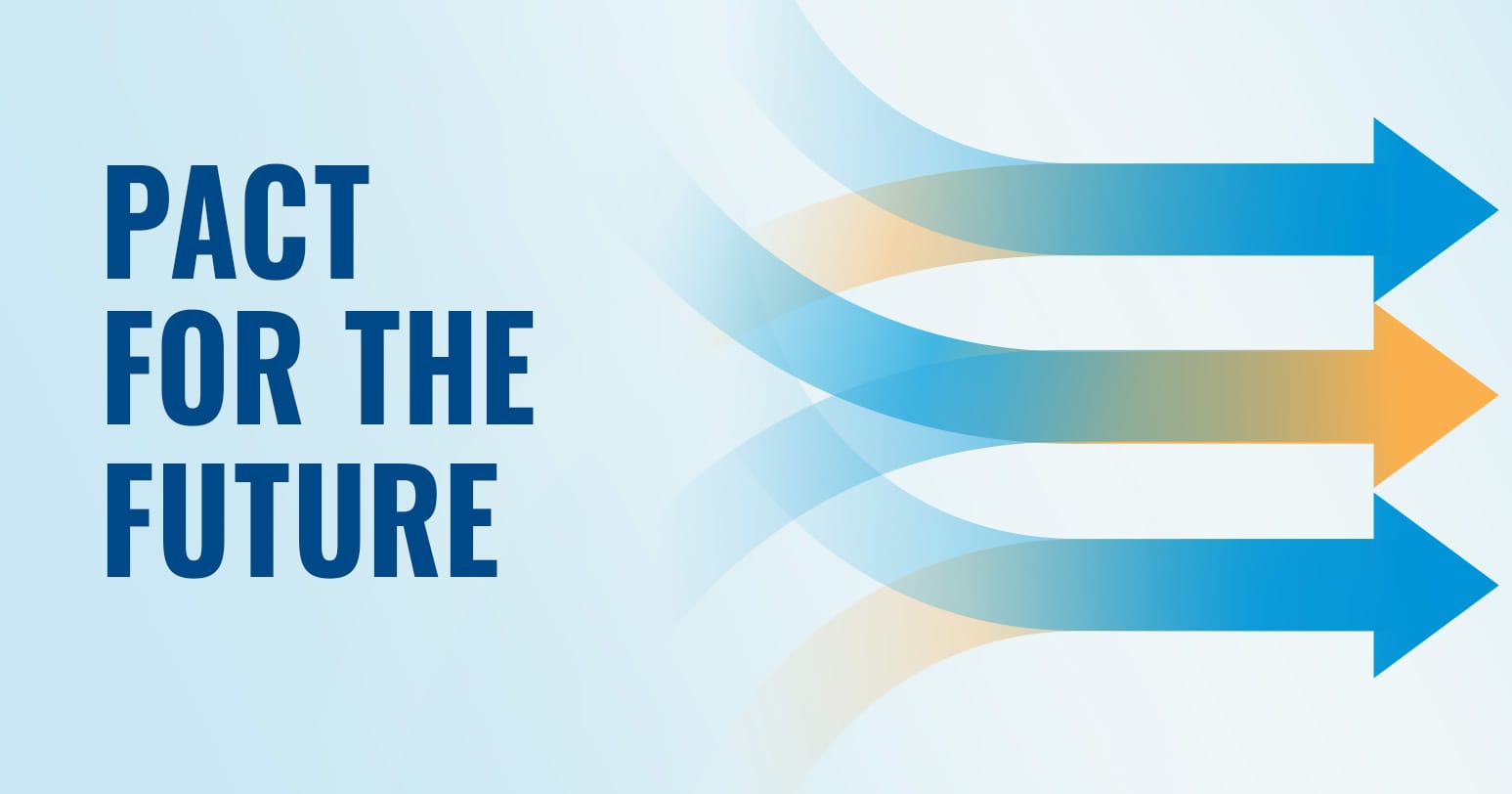By the European Evangelical Alliance
Did you know that every four and a half years, every nation on earth has its human records thoroughly checked by the United Nations (UN)?
And did you know that it is not that hard for national Evangelical Alliances to help shine a light on where you think your nation needs to do better?
Basically, every 3 years, the UN questions every country very thoroughly in a “universal periodic review” (UPR).
And the wonderful World Evangelical Alliance (WEA) team at the UN in Geneva could help you submit a report on the human rights issues which concern you most.
Here is the story of how 2 member alliances of EEA recently took advantage of this great opportunity. We hope they will inspire other EAs to explore the possibility of doing something similar when the UN timetable comes around to their nation.
Sweden
Michael Mutzner of WEA approached the Swedish Evangelical Alliance well in advance of when Sweden would have its UPR. He gave the EA team advice on the kind of report to write and showed them reports on other nations to give them an idea of what was appropriate.

Jacob Rudenstrand was given main responsibility for researching and writing the report. The WEA team did the final tweaks of the text and submitted it so that it was absolutely appropriate for the UN context. And then the WEA team verbally presented the report. Several nations showed interest, encouraging a good response from the Swedish government. You can read the report here.
The report started with hate crimes against Christians, especially asylum seekers. The number of incidents had been increasing but the Swedish authorities were not addressing the issue. Secondly the report highlighted the vulnerability of Christian asylum seekers to attacks in asylum centres. The EA demanded affirmative action to minimise these episodes and to thoroughly investigate if they take place in future. Thirdly, the report showed clear evidence of a highly politicised, arbitrary process for assessing whether a Christian asylum had genuinely converted to Christianity. The text demanded consistency and fairness and thorough training for all those involved.
As part of the UPR process, governments are encouraged to interact with NGOs who submit reports. The Evangelical Alliance was delighted to be invited to talk with the Swedish government, given that they were just two Christian voices at the table. It became clear that the Swedish authorities is concerned about its reputation on the world stage and so wanted to show that it cares about asylum seekers. The EA is hopeful that policy and practice towards Christian asylum seekers will improve.
The Evangelical Alliance knew that the Swedish authorities would not appreciate the final subject it brought up in the report. Nevertheless, there comes a time when one needs to speak up as a prophet, even though the audience may not like what they hear. So the EA raised the story of Ellinor Grimmark, a midwife who refused to be involved in the abortion process because to do so would violate her conscience. She lost her job. This happened despite Swedish abortion law granting freedom of conscience and Council of Europe statements also supporting freedom of conscience for medical workers. The EA’s report asked for medical workers to have their conscience respected in a process of reasonable accommodation.
Sadly, the Swedish government has shown no sign of movement on this issue. But the EA has no regrets in having raised this justice issue very clearly to the world!
Spain

When Xesús Manuel Suárez García, General Secretary of the Spanish Evangelical Alliance, was approached by WEA about Spain’s UPR, he was immediately enthusiastic. Listening to Michael Mutzner’s advice, the Spanish EA leadership team reduced their list of possible topics to two. They did this after consulting with partners across Spain, include FEREDE (Federación de Entidades Religiosas Evangélicas de España) and the Catalan Council of Evangelicals. You can read the full report here.
The first topic was about pensions of Evangelical pastors who worked under the Franco regime. They were unable to participate in Spain’s pension system, an injustice which lasted until 1999 and has resulted in severe hardship. In 2012, their case was taken to the European Court of Human Rights and the pastors won! But still, the Spanish government did not resolve their plight.
After the issue was raised during the UPR, the tone of the government has completely changed. There is a promise that the issue will be sorted and Evangelicals are very hopeful that finally the problem will be solved.
The other topic concerned Catalonia. There is a law there which puts onerous demands on minority faith communities when it comes to their buildings. Hardly any community can abide by all the rules, meaning that the buildings could be closed. Local councils can add on even more rules if they choose. Since property owned by the Roman Catholic Church do not have to follow the regulations, it is clear that the law is discriminatory and also that the rules cannot be so crucial after all.
After the report was presented in Geneva, the Spanish government has put pressure on the Catalan authorities. Catalonia may have a certain autonomy but the Spanish constitution does not allow it to enact discriminatory laws. As a result, while the law has not yet been abolished, the implementation of the law has distinctly softened. So Evangelical churches no longer fear closure.
Clearly the Spanish EA is delighted by the results of the UPR process.
“United Nations level publicity is a really big deal!” said Xesús Manuel Suárez García. “We really do recommend that other national EAs get involved in the UPR process when WEA invites you to do so. It is not so difficult and who knows how God can use the procedure to expose or even stop injustices?”]]>





Stay Connected